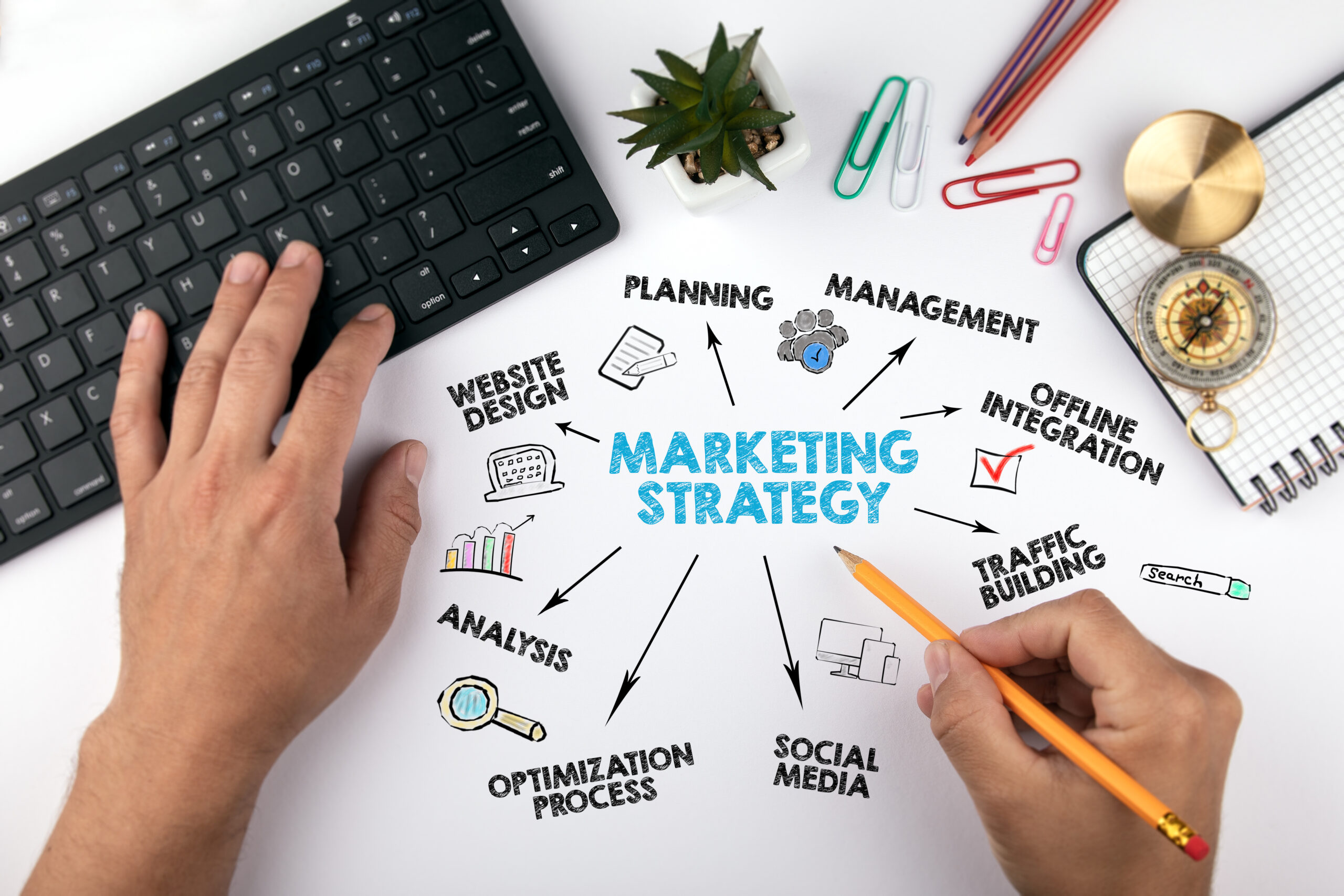Your website is your digital storefront — but if it’s outdated or poorly structured, it could be silently sabotaging your ability to show up in search results. And with AI-powered large language models (LLMs) increasingly shaping how people discover information online, optimizing your website for SEO is more critical than ever.
Here are the 5 most common website mistakes that kill SEO and how to fix them so you don’t get left behind.
1. Slow Loading Speed and Poor Mobile Experience
Table of Contents
Search engines prioritize user experience, and that means fast-loading pages and mobile-friendly design. If your site takes too long to load or looks broken on phones and tablets, visitors will leave quickly — increasing bounce rates and hurting your rankings.
Fix it: Use tools like Google PageSpeed Insights to identify slow pages, compress images, leverage browser caching, and adopt responsive design for mobile users.
2. Lack of Clear Site Structure and Navigation
If your website is confusing or hard to navigate, search engines struggle to index your content properly. This can cause important pages to be overlooked or ranked lower.
Fix it: Organize your content logically with clear menus, categories, and internal links. Use descriptive URLs and create an XML sitemap to help search engines crawl your site.
3. Missing or Poorly Optimized On-Page SEO Elements
Ignoring key on-page SEO factors like meta titles, descriptions, header tags, and keyword usage makes it harder for search engines and AI tools to understand your content’s relevance.
Fix it: Write unique, keyword-rich meta titles and descriptions for every page. Use header tags (H1, H2, H3) to structure content and naturally incorporate relevant keywords.
4. Duplicate Content and Thin Pages
Having multiple pages with the same or very similar content confuses search engines and dilutes your ranking potential. Similarly, thin pages with little valuable content add no value to visitors or search engines.
Fix it: Audit your site for duplicate content and use canonical tags where needed. Expand thin pages with more in-depth, useful information or consolidate them with stronger pages.
5. Ignoring Technical SEO and Schema Markup
Technical SEO includes behind-the-scenes factors like site security (HTTPS), proper indexing, fixing broken links, and adding structured data (schema markup). Without these, search engines and AI models may miss key information about your business.
Fix it: Ensure your website is secure with HTTPS, check Google Search Console for crawl errors, fix broken links, and add schema markup to highlight your business type, reviews, events, and more.
Why This Matters More Now with AI and LLMs
AI-powered search assistants and chatbots rely heavily on well-structured, trustworthy websites to provide accurate answers. If your site is riddled with these common SEO mistakes, AI may skip your business in favor of competitors with cleaner, more authoritative sites.
Investing in website SEO today means not only better rankings in traditional search but also better chances of showing up in AI-generated responses — which is crucial for attracting modern customers.
Take Action Today
Don’t let your website work against you. Regularly audit your site for these common SEO killers, update your content and structure, and keep pace with AI and search engine innovations to stay visible and competitive.
FAQs
How can a slow website hurt my SEO rankings?
Slow-loading pages increase bounce rates and frustrate users, signals that search engines use to lower your rankings.
What is the importance of mobile-friendly design for SEO?
Most searches happen on mobile devices, so Google prioritizes mobile-optimized sites for better user experience.
How does duplicate content affect my SEO?
Duplicate content confuses search engines and can cause your pages to compete against each other, reducing overall ranking potential.
What is schema markup and why should I use it?
Schema markup is structured data that helps search engines understand your site content, improving visibility in rich search results and AI responses.
How are AI and LLMs changing the SEO landscape?
AI and LLMs rely on well-structured, authoritative websites to provide accurate answers, so optimizing your website is key to showing up in AI-driven search results.
Want Help Putting This into Action?
At OverCoffee Consulting, we specialize in working with:
- Professional service businesses (clinics, coaches, attorneys, consultants)
- Local brands ready to scale their online visibility
- Business owners who are tired of vague SEO promises and want real, measurable results
🔍 Our digital marketing services include:
- SEO strategy & implementation
- Website optimization for AI + human readability
- Content marketing aligned with LLM visibility
- Local business listings and reputation management
- Fractional CMO support for scaling brands
👉Schedule a free 20-minute consultation
To learn how we can help you stay visible — to Google and the bots.
OverCoffee Consulting
Helping smart businesses make smarter marketing decisions.
Slow-loading pages increase bounce rates and frustrate users, signals that search engines use to lower your rankings.
Most searches happen on mobile devices, so Google prioritizes mobile-optimized sites for better user experience.
Duplicate content confuses search engines and can cause your pages to compete against each other, reducing overall ranking potential.
Schema markup is structured data that helps search engines understand your site content, improving visibility in rich search results and AI responses.
AI and LLMs rely on well-structured, authoritative websites to provide accurate answers, so optimizing your website is key to showing up in AI-driven search results.



